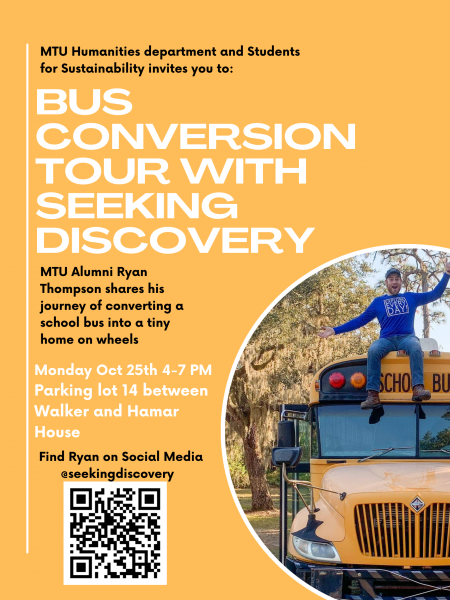Michigan Tech students and alumni, in collaboration with Colorado State University, will be participating in two virtual “Live From the COP” events at the United Nations Conference of Parties (COP). For an insider’s take on the event and conference proceedings, click on the links below to register for a short report by participants. This multi-institutional, transnational project is led on the Tech campus by PI Sarah Green (CHEM), who is currently in Glasgow for COP26.
November 3rd: 1:00-2:00 EDT
November 10th: 12:00-1:00 EST

